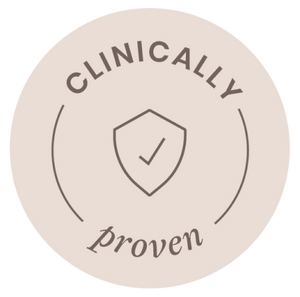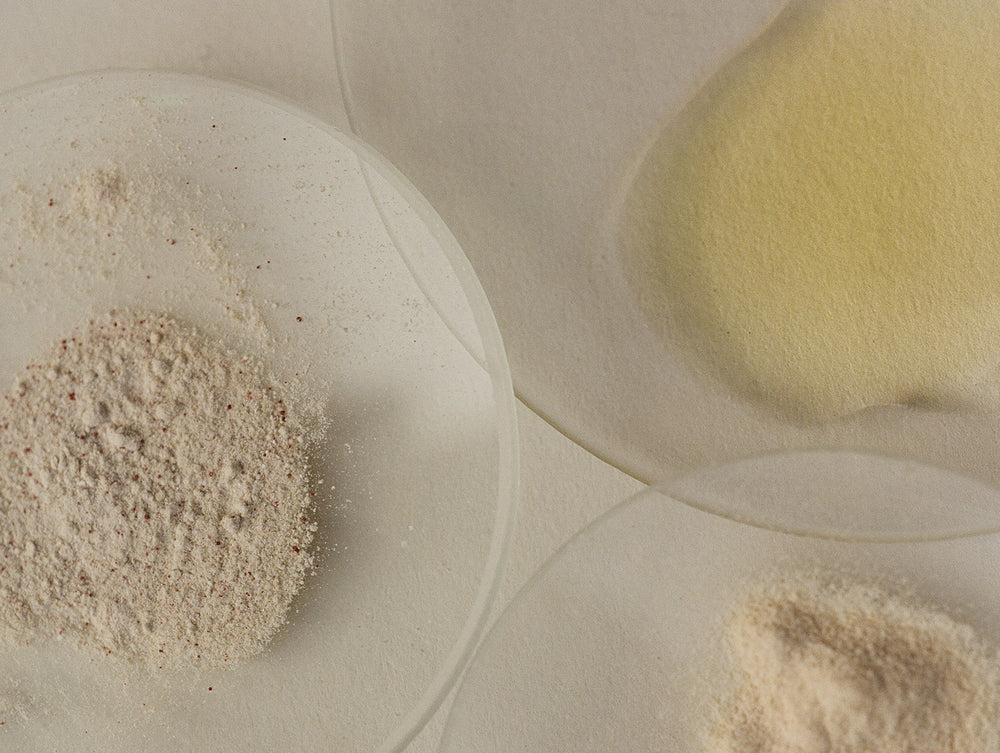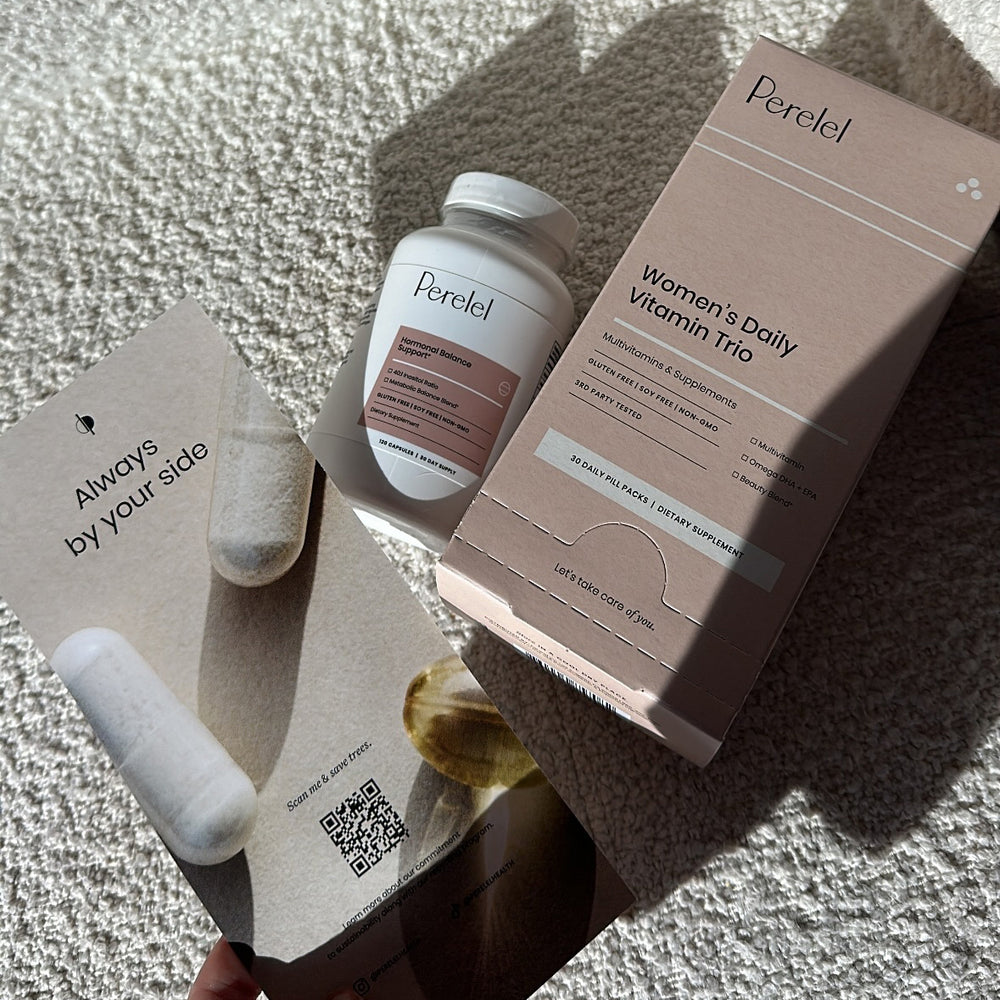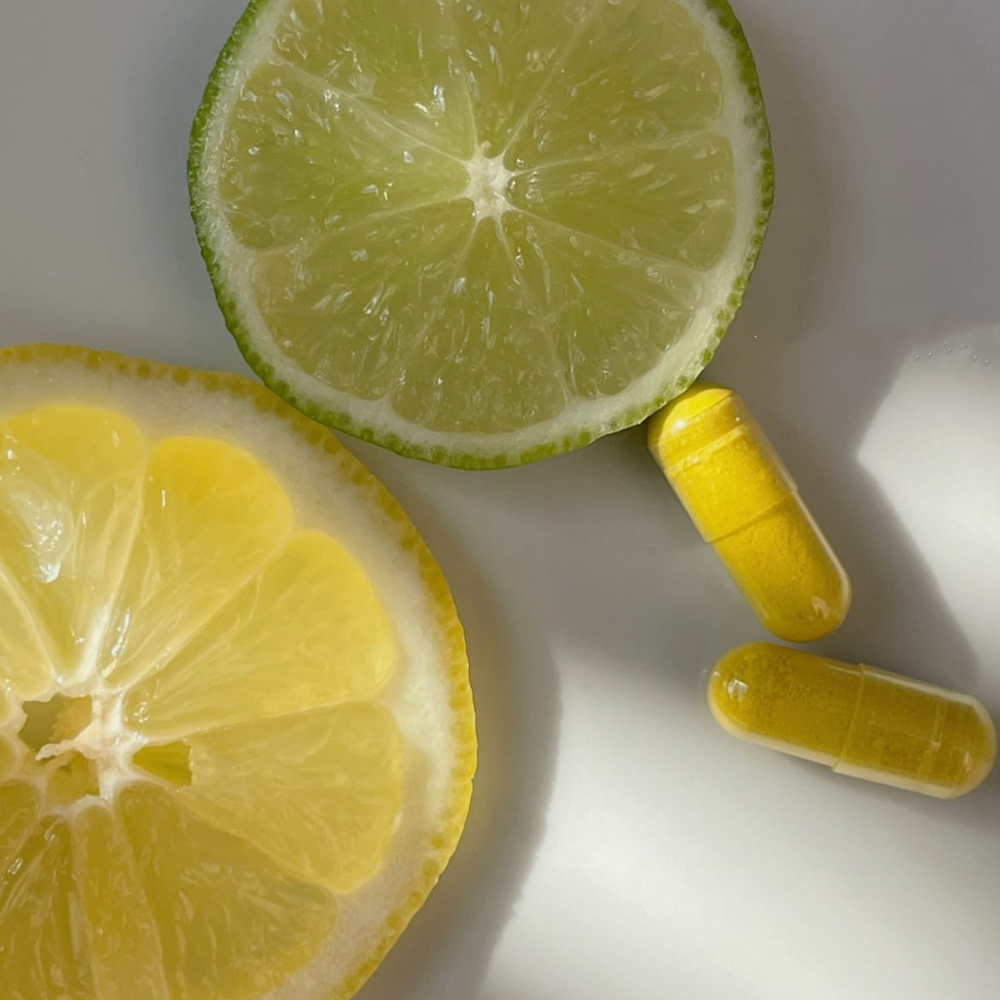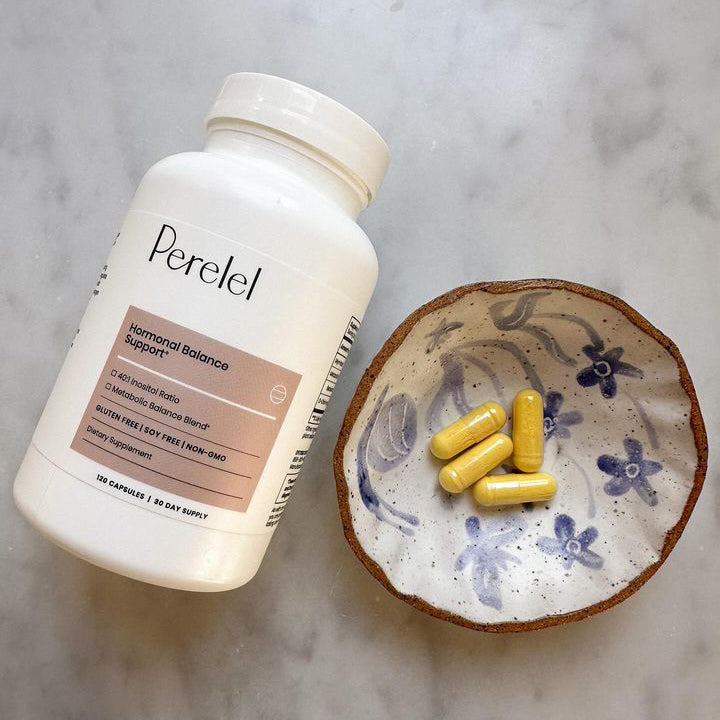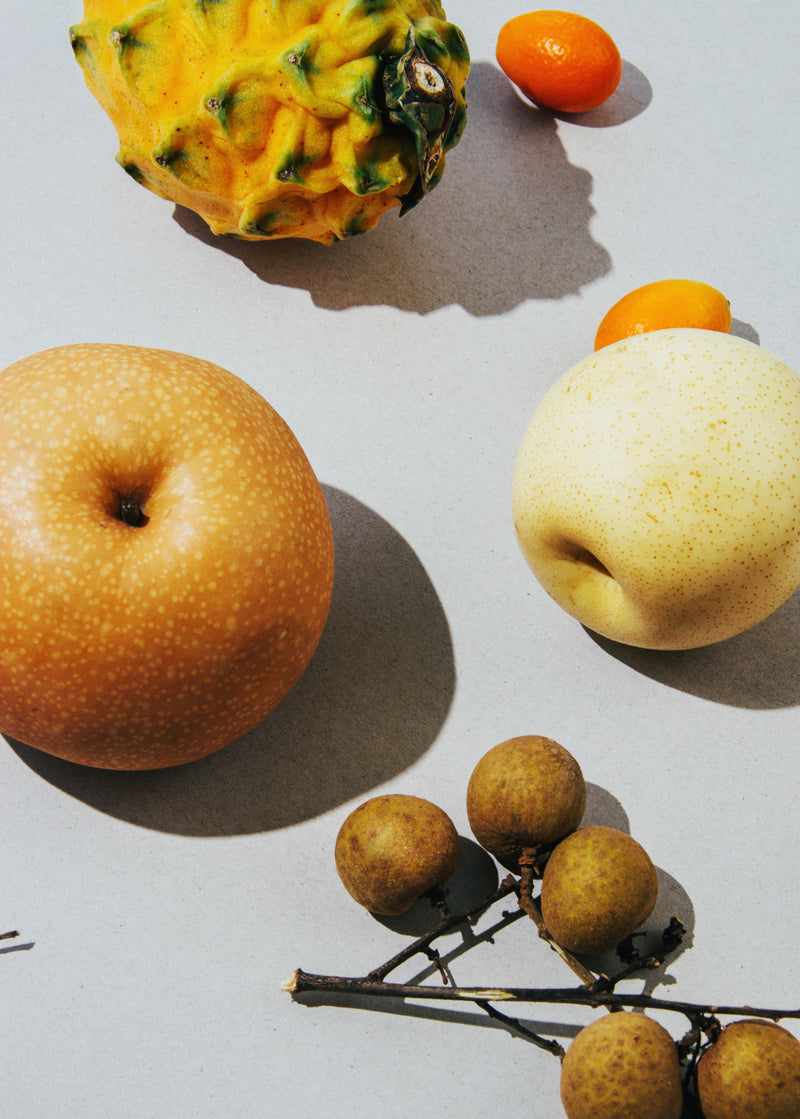Take our quiz and get 15% off
Take our quiz and get 15% off
Start Now
Rated 4.9 out of 5 stars
4.9 Stars (197 Reviews)
Hormonal Balance Support*
Clinically proven to support symptoms of hormonal imbalance and menstrual health which in turn support regular cycles and weight management¹
- Formulated by OB/GYNs
- Promotes healthy ovulation*
- Promotes regular menstrual cycles*
- Clinically-backed optimal 40:1 inositol ratio
“Hormonal Balance Support is great for many patients who struggle with irregular cycles, weight management, glucose metabolism, insulin insufficiency and hormonal imbalances.”Dr. Banafsheh Bayati
MD, OB/GYN, FACOG, Medical Co-Founder Perelel
Cycle regulation
Kelly D. Verified Buyer
Brought My Period Back
Emma S. Verified Buyer
Absolutely amazing
Katie C. Verified Buyer
Support for anyone experiencing irregular cycles or glucose metabolism challenges. This daily supplement was formulated by OB/GYNs to help maintain your hormonal balance, mood, regular menstrual cycles, and promote healthy ovulation and ovarian function, alongside a cleaner diet and regular exercise.*
Each daily dose includes:
- 40:1 Inositol Ratio of Myo-Inositol and D-Chiro-Inositol
- Metabolic Balance Blend of Berberine, Alpha-Lipoic-Acid and DIM
Recommended for: Women looking for support in regulating their cycles (who are not currently pregnant). Can be taken during the TTC and postpartum periods alongside your daily Perelel Pack.
Supports Hormonal Balance
May Help Regulate Blood Sugar
May Support Menstrual Cyclicity















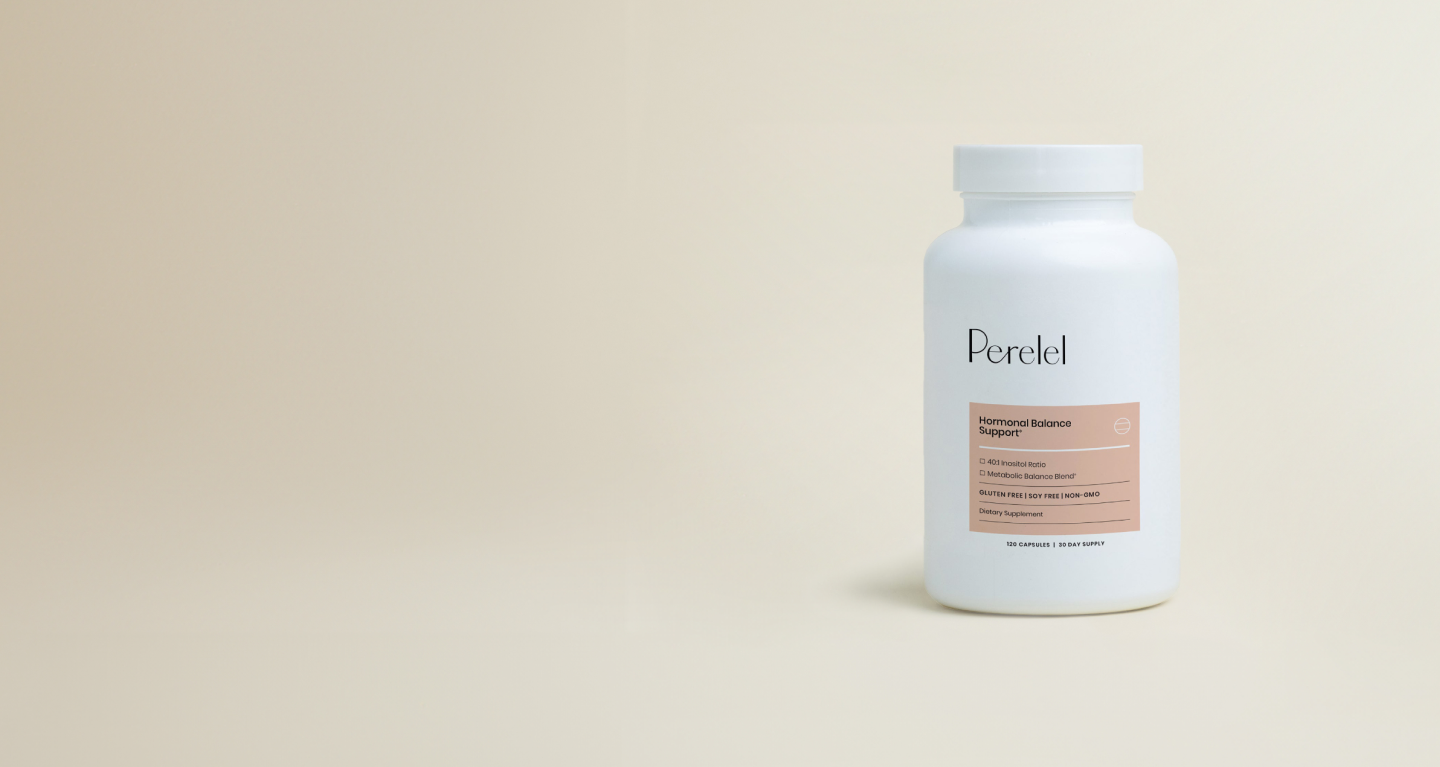
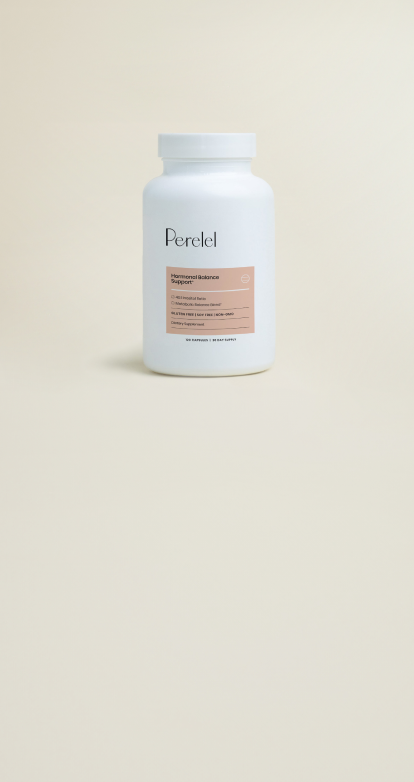
Doctor-Formulated,
Clinically-Proven
-
01234567%0123456789 0123456789 0123456
experienced fewer mood swings¹
-
01234567%0123456789 0123456789 0123456
improvement in managing weight¹
-
01234567%0123456789 0123456789 0123456
felt less irritable¹
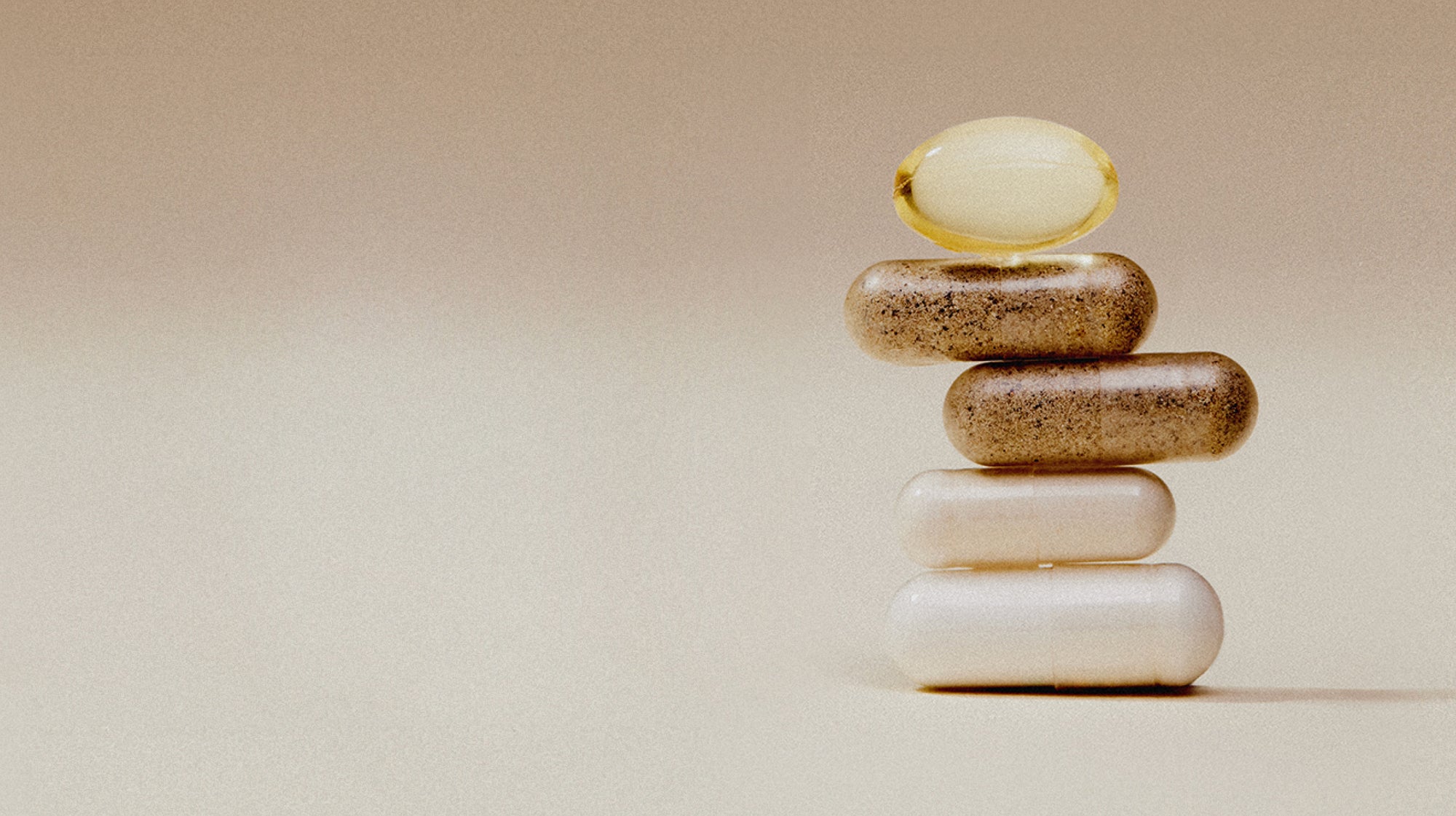
So, what's inside?
Key Ingredients in our
Hormonal Balance Support*
Myo-Inositol
D-Chiro-Inositol
Berberine
DIM
Alpha-Lipoic-Acid
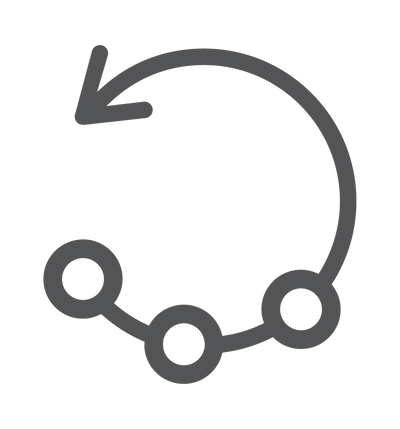
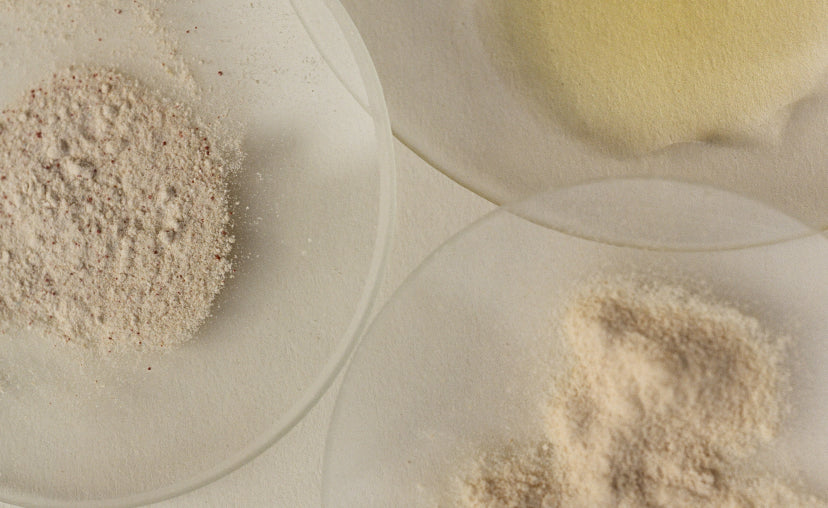
Doctor-Backed, 3rd Party Tested
We hold our products—and your health—to the highest standards. Here's what you can expect for every Perelel Product:
- Rigorous vetting & testing at every stage of manufacturing
- Meticulous formulation in partnership with our Perelel Panel
- Doctor-recommended doses to ensure nutrients make an impact
- Every ingredient is backed by research
- Micro, heavy metal and purity testing of every batch
- Made in the USA in FDA Registered and Inspected Facilities that are cGMP certified
Questions & Answers
Find answers to your most frequently asked questions about this product below.
*These statements have not been evaluated by the Food and Drug Administration. This product is not intended to diagnose, treat, cure or prevent any disease.
Formulated by doctors. Trusted by women.
Join the Perelel community.
Follow and tag us @perelelhealth




